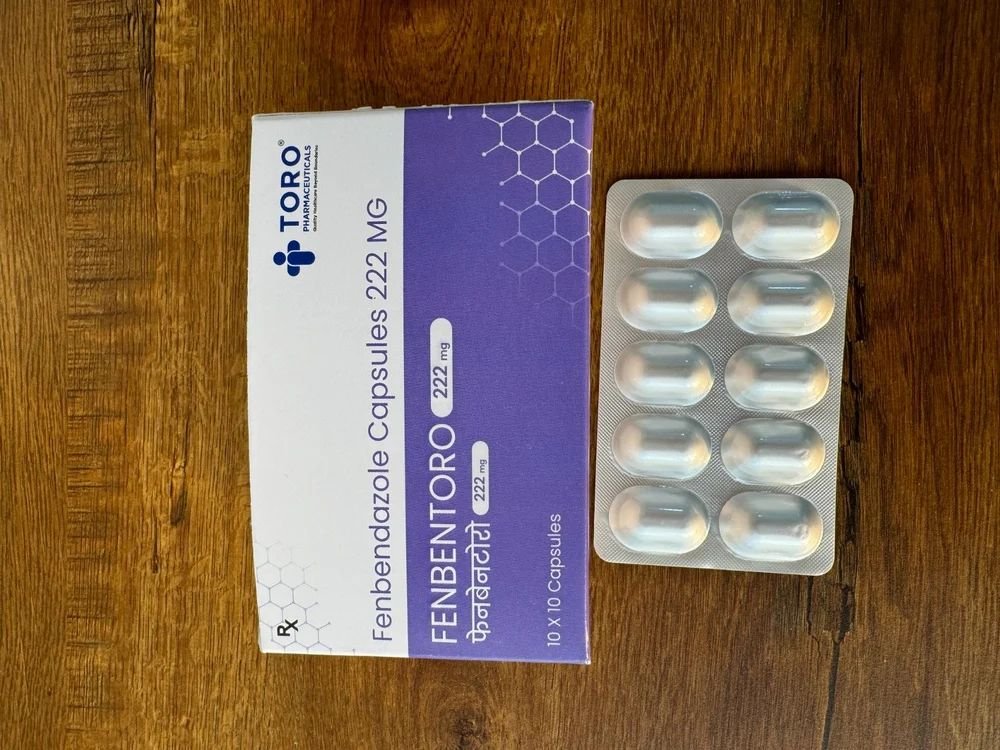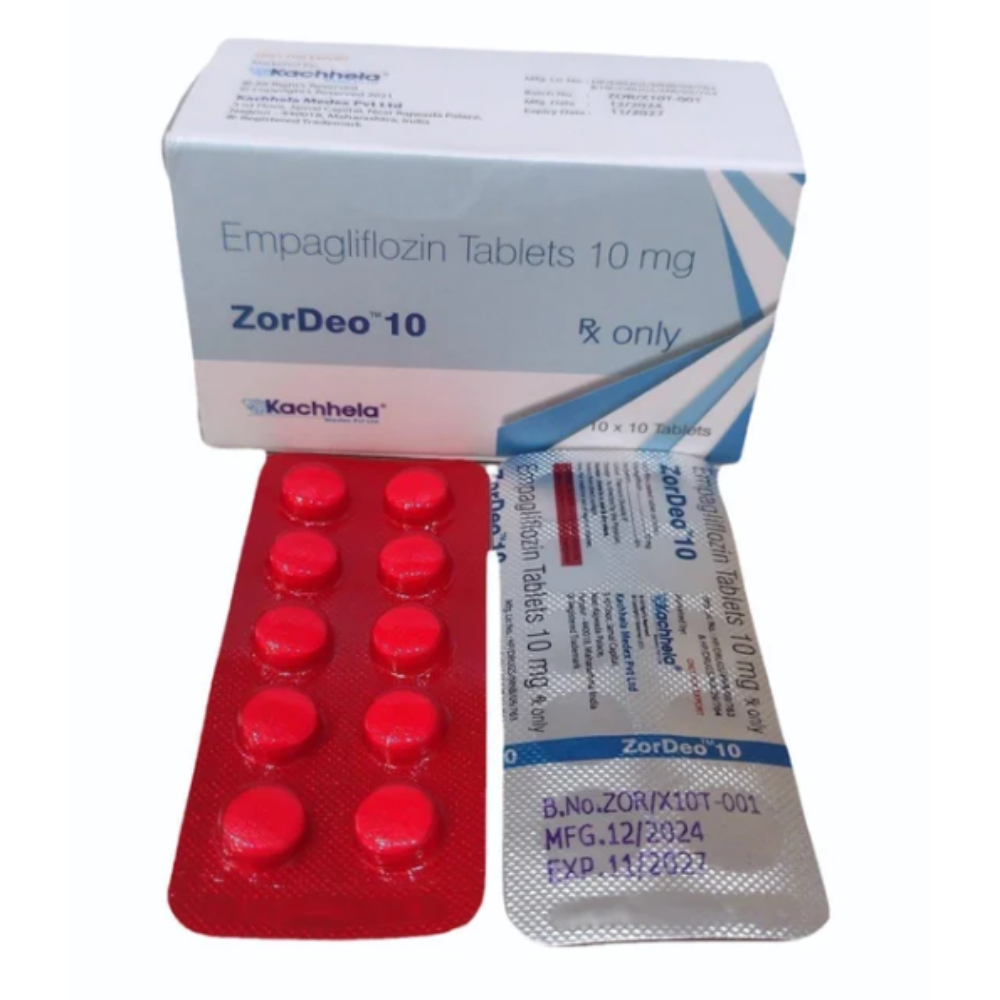Discovering the Mechanisms Behind Fenbendazole and Its Influence On Pet Health
Fenbendazole is a commonly made use of anthelmintic understood for its effectiveness against various bloodsuckers. Its primary device includes the inhibition of microtubule formation, which interferes with essential procedures in these pathogens. Past its antiparasitic residential properties, fenbendazole additionally shows up to improve immune reactions and has anti-inflammatory benefits. Recognizing these complex impacts could expose brand-new applications for pet health. Nevertheless, inquiries continue to be concerning its full capacity and security profile.
The Pharmacokinetics of Fenbendazole
The pharmacokinetics of fenbendazole, an extensively used anthelmintic in veterinary medicine, involves the research study of its absorption, circulation, metabolic process, and discharging within animal systems. After management, fenbendazole is swiftly soaked up from the intestinal system, with peak plasma concentrations happening within hours. Its distribution is affected by variables such as cells binding and lipid solubility, enabling it to permeate numerous tissues properly. The drug undertakes extensive metabolism mainly in the liver, where it is converted right into energetic and non-active metabolites. These metabolites play a duty in the medication's overall efficiency and security profile. Excretion happens mainly with feces, with a smaller proportion eliminated via urine. The half-life of fenbendazole differs among types, which influences application regimens. Understanding these pharmacokinetic residential properties is essential for enhancing its therapeutic usage and making certain reliable parasite control in vet practices.
Systems of Action Versus Parasites
Fenbendazole applies its antiparasitic impacts largely with the restraint of microtubule development in bloodsuckers. This disturbance affects their architectural stability and cellular functions, bring about damaged power metabolic process. Therefore, the medicine effectively endangers the survival and reproduction of various parasitical microorganisms.
Inhibition of Microtubule Development
Inhibition of microtubule development represents a critical system where specific anthelmintic representatives, including fenbendazole, apply their impacts on bloodsuckers. Fenbendazole binds to tubulin, a protein that creates microtubules, disrupting the polymerization process necessary for microtubule setting up. This interruption hinders vital cellular functions, consisting of mitosis, intracellular transport, and architectural stability. As microtubules play an important function in keeping the shape and function of parasitic cells, their inhibition results in cell cycle apprehension and eventual death of the parasite. This system is especially efficient versus nematodes, as their reliance on microtubules for movement and nutrient absorption makes them susceptible to fenbendazole. The restraint of microtubule formation is an important facet of fenbendazole's healing efficiency in vet medication.
Interruption of Basal Metabolism
Disrupting power metabolic rate is an additional crucial system whereby fenbendazole targets parasitic microorganisms. This anthelmintic modifies the energy production paths within parasites, mostly affecting their capacity to produce adenosine triphosphate (ATP) By hindering glucose uptake and interrupting mitochondrial feature, fenbendazole restrictions the energy resources vital for the survival and recreation of these microorganisms. As an outcome, parasites become significantly prone to ecological tensions and immune feedbacks. The disturbance in power metabolism not only impacts the bloodsuckers straight but additionally minimizes their capacity to take in nutrients, even more hindering their development - 222 mg. In general, the disruption of basal metabolism represents an essential facet of fenbendazole's efficiency against different parasitic infections, contributing significantly to enhanced animal health and wellness outcomes
Potential Side Results and Security Profile
The prospective negative effects and safety and security account of fenbendazole warrant mindful consideration, specifically in vet applications. While generally related to as risk-free, some animals might experience unfavorable reactions, including gastrointestinal disturbances such as throwing up and looseness of the bowels. Furthermore, neurological signs and symptoms, although unusual, have been reported in sensitive individuals, highlighting the demand for surveillance throughout therapy.

Fenbendazole's safety in numerous species, including dogs and pet cats, has actually been recorded, but dose and period of treatment need to be thoroughly managed to lessen dangers. Expecting or lactating pets might also require unique interest, as the impacts on creating unborn children or nursing spawn are not completely recognized.
Routine veterinary assessments can aid mitigate possible negative effects and assure the medicine is provided suitably. Consequently, while fenbendazole is an effective anthelmintic representative, vigilance regarding its negative effects is vital for preserving animal wellness.

Fenbendazole's Impact on Immune Function
Fenbendazole has actually been noted for its possible to modulate body immune system feedbacks in pets. Its anti-inflammatory buildings might contribute to enhanced immune feature, giving a dual benefit in taking care of wellness (fenbendazole 444). Comprehending these impacts is essential for assessing fenbendazole's function in veterinary medication
Body Immune System Modulation

Anti-inflammatory Residences
Anti-inflammatory impacts represent a considerable facet of fenbendazole's impact on immune function. Research study shows that fenbendazole may reduce the production of pro-inflammatory cytokines, which are critical in mediating inflammatory reactions. By modulating these cytokines, fenbendazole can potentially reduce inflammation-related conditions in animals. This anti-inflammatory activity not just help in taking care of signs and symptoms connected with various conditions yet additionally improves general body immune system efficiency. In addition, its capability to promote a balanced immune reaction helps prevent extreme inflammatory damage, which can bring about persistent health and wellness issues. Fenbendazole's function in inflammation management emphasizes its value in veterinary medication, offering a dual advantage of antiparasitic action and immune system support for animal wellness.
Applications Past Standard Parasitical Infections
While largely acknowledged for its efficiency versus different parasitic infections, fenbendazole has actually amassed focus for potential applications yet typical range. Current research studies recommend that fenbendazole might have beneficial effects on mobile health and immune action, making it an interesting candidate for handling other health conditions in pets. Its reported anti-inflammatory properties may give relief for pets suffering from persistent inflammatory conditions. Additionally, some study shows that fenbendazole could play a function in sustaining the total health of animals by improving nutrition absorption and stomach health. Its possible as a complement treatment in cancer treatment has sparked interest, as initial searchings for recommend it could hinder growth cell development in specific contexts. These varied applications highlight fenbendazole's convenience, motivating additional exploration into its multifaceted benefits for animal health beyond its conventional usage as a deworming agent.
Future Research Study Directions and Implications for Pet Wellness
The expedition of fenbendazole's prospective applications has opened up new avenues for research aimed at boosting pet health and wellness. Future studies could focus on its effectiveness versus a wider series of microorganisms, including microorganisms and infections, consequently expanding its function in vet medicine. The implications of fenbendazole's devices, such as its Click This Link influence on immune modulation, warrant further examination to comprehend how it can strengthen total health and wellness in various species.
Additionally, research might check out perfect dosages and solutions to make best use of effectiveness while minimizing potential negative effects. Examining fenbendazole's collaborating impacts with various other drugs can cause much more effective therapy protocols. Longitudinal researches examining long-term results in animals treated with fenbendazole might provide important understandings into its security and effectiveness. Generally, the continued exploration of fenbendazole supplies appealing capacity to boost animal health, demanding a collective approach among scientists, veterinarians, and pharmaceutical programmers to assist in advancements around.
Often Asked Concerns
Can Fenbendazole Be Made Use Of in Livestock for Bloodsucker Avoidance?
The inquiry of whether fenbendazole can be utilized in livestock for parasite prevention matters, as producers seek reliable treatments (fenbendazole capsules). Research study suggests it might provide benefits, however appropriate standards and vet suggestions are important for safe usage
What Is the Recommended Dosage of Fenbendazole for Different Animals?

Are There Any Type Of Known Drug Communications With Fenbendazole?
Existing expertise shows that fenbendazole might connect with particular medications, potentially affecting their efficiency or metabolism. Veterinary experts advise seeking advice from a veterinarian to analyze specific pet instances and determine any feasible interactions prior to management.
Exactly How Does Fenbendazole Compare to Other Antiparasitic Drugs?
Fenbendazole is usually contrasted to read the article other antiparasitic drugs based upon effectiveness, spectrum of task, and security profiles. It is preferred for its efficiency against a vast variety of bloodsuckers while normally exhibiting marginal negative effects in pets.
Is Fenbendazole Effective Against Viral or Microbial Infections in Animals?
The performance of fenbendazole against viral or bacterial infections in pets continues to be unproven. Research largely concentrates on its antiparasitic homes, with limited proof sustaining any function in dealing with non-parasitic infections in veterinary medicine.